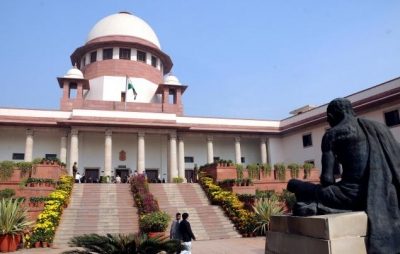New Delhi, August 7:
In a significant development, the Supreme Court on Thursday dismissed a writ petition filed by Justice Yashwant Varma, a High Court judge facing impeachment threat over a cash recovery controversy, challenging the in-house inquiry process that led to a recommendation for his removal.
A Bench comprising Justices Dipankar Datta and A.G. Masih ruled that the in-house procedure is a fair and constitutionally valid fact-finding mechanism, not a parallel or extra-constitutional removal process. The court emphasized that the Chief Justice of India (CJI) plays a pivotal role in maintaining judicial integrity and is not a “mere post office” while forwarding an inquiry report to the President or Prime Minister.
Justice Varma had argued that the inquiry violated constitutional safeguards and bypassed the Judges (Inquiry) Act, 1968. However, the court held that the in-house procedure is preliminary and not violative of natural justice. “The in-house inquiry is not a removal mechanism, but rather a preliminary step to assess the gravity of allegations,” the Bench noted.
The petition arose after a fire incident at Justice Varma’s residence led to the discovery of charred currency, prompting a probe. A three-member in-house committee found the allegations serious enough to recommend his removal.
Rejecting the claim that the CJI’s recommendation could prejudice Parliament members, the court said the opinion is not shared with the Lok Sabha Speaker or Rajya Sabha Chairman.
The court also observed that once Justice Varma had submitted to the jurisdiction of the inquiry, challenging the process post-outcome lacked merit. It concluded that the procedure respects judicial independence while ensuring accountability. The investigation continues under constitutional oversight.


















